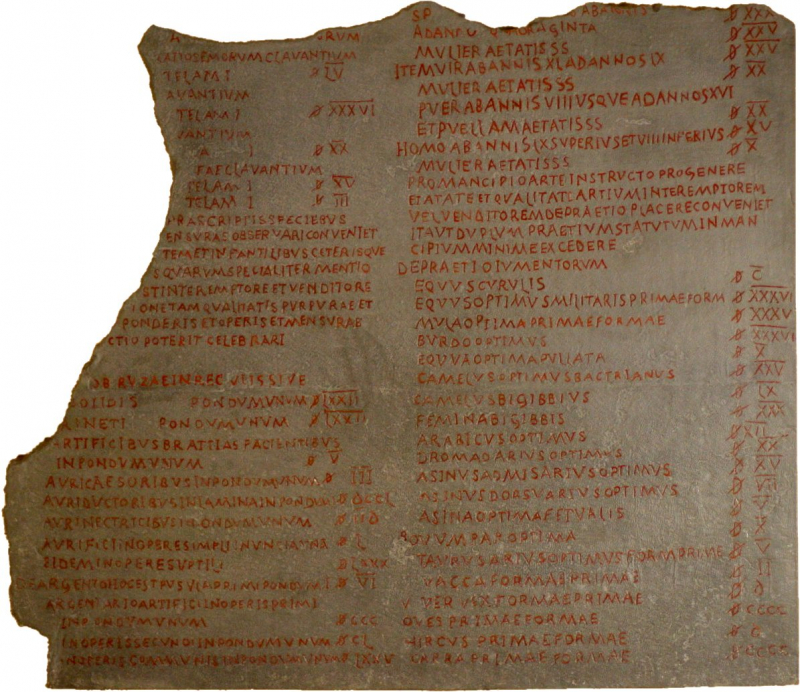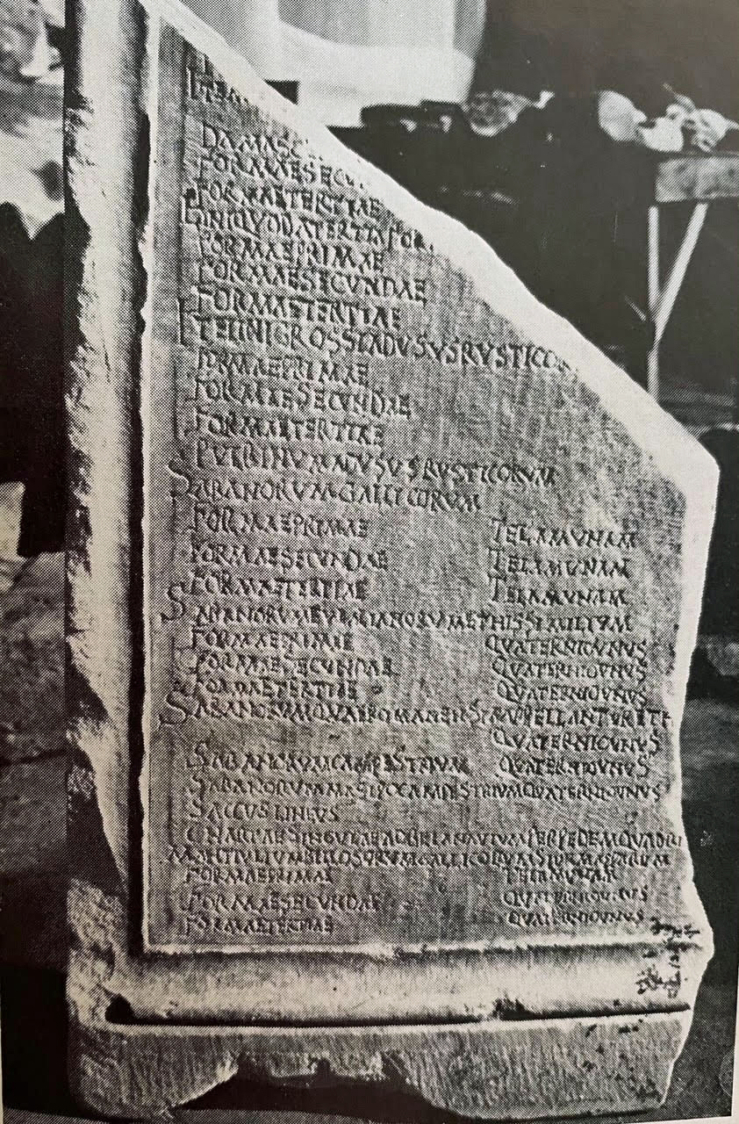In 301 A.D., Diocletian issued the "Edict on Maximum Prices"
Roman emperors always gave careful thought to the finances of their empires. To bolster national security and for the battle, they significantly support the military. Diocletian also required more money to finance the restructuring of the provinces and the expansion of his military might, that is one of the interesting facts about Diocletian. To raise money, Diocletian strove to make the currency better by using higher-quality coins. However, the experiment with the coinage led to a decrease in the amount of metal. He had to issue an "Edict on Maximum Prices" when the intrinsic value of these coins decreased.
On the other hand, the state was experiencing inflation, and Diocletian's order enabled the state to pay off old obligations.
Diocletian ordered officials to conduct a new census to count the population of the Empire to help the Empire's financial situation. The purpose of the census was to ascertain the amount of land ownership and the potential yield of that property. To stop inflation and raise money for the Empire, Diocletian issued the "Edict on Maximum Prices" in 301 AD. Through this edict, he raised taxes and changed the way they were collected. Those with a family business were obligated to maintain operations whether they were profitable or not.














